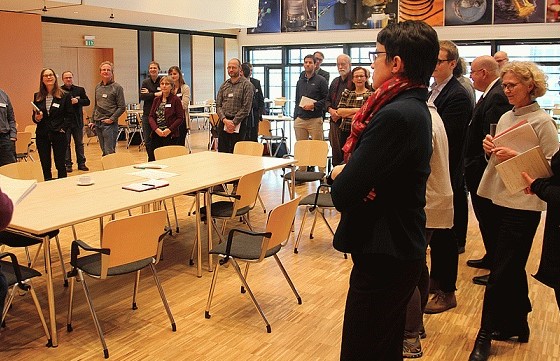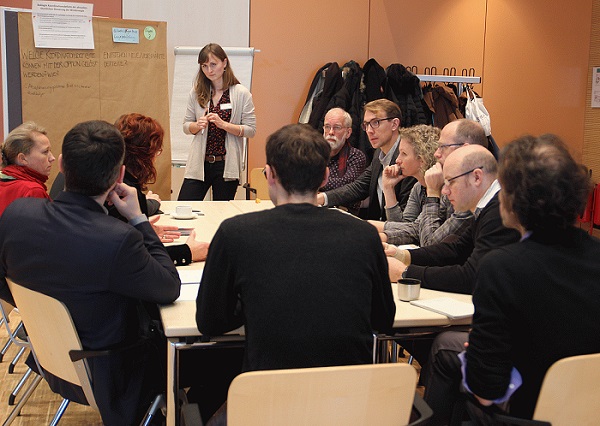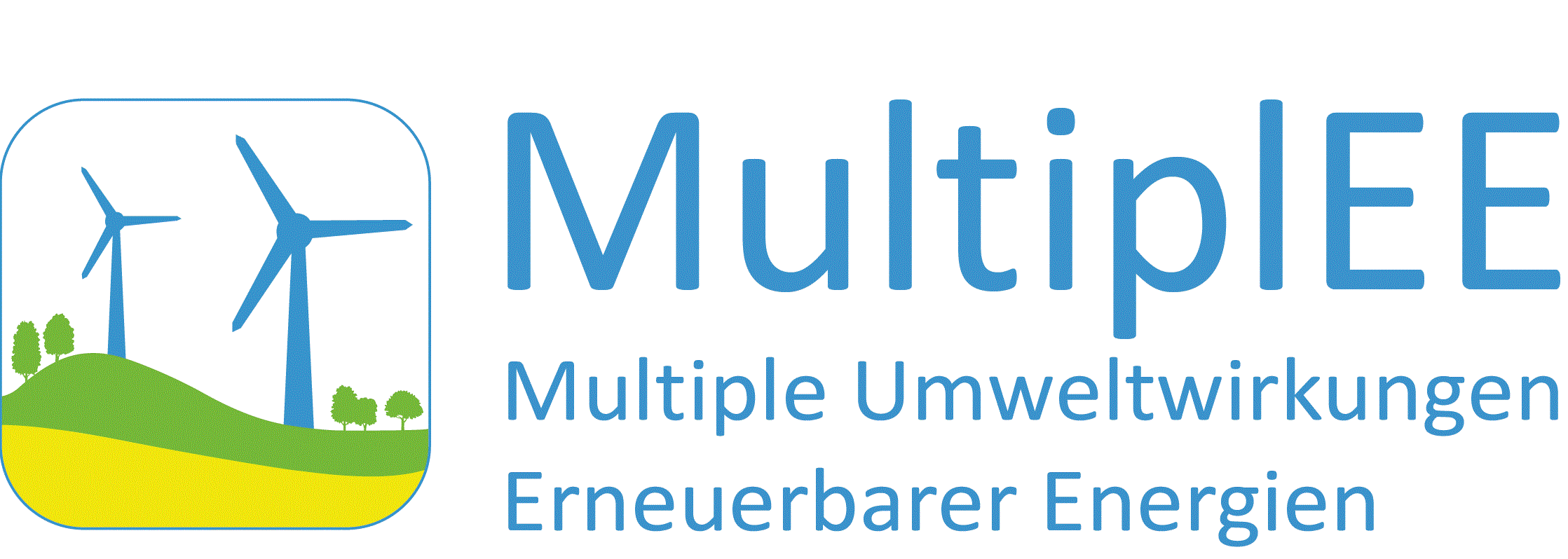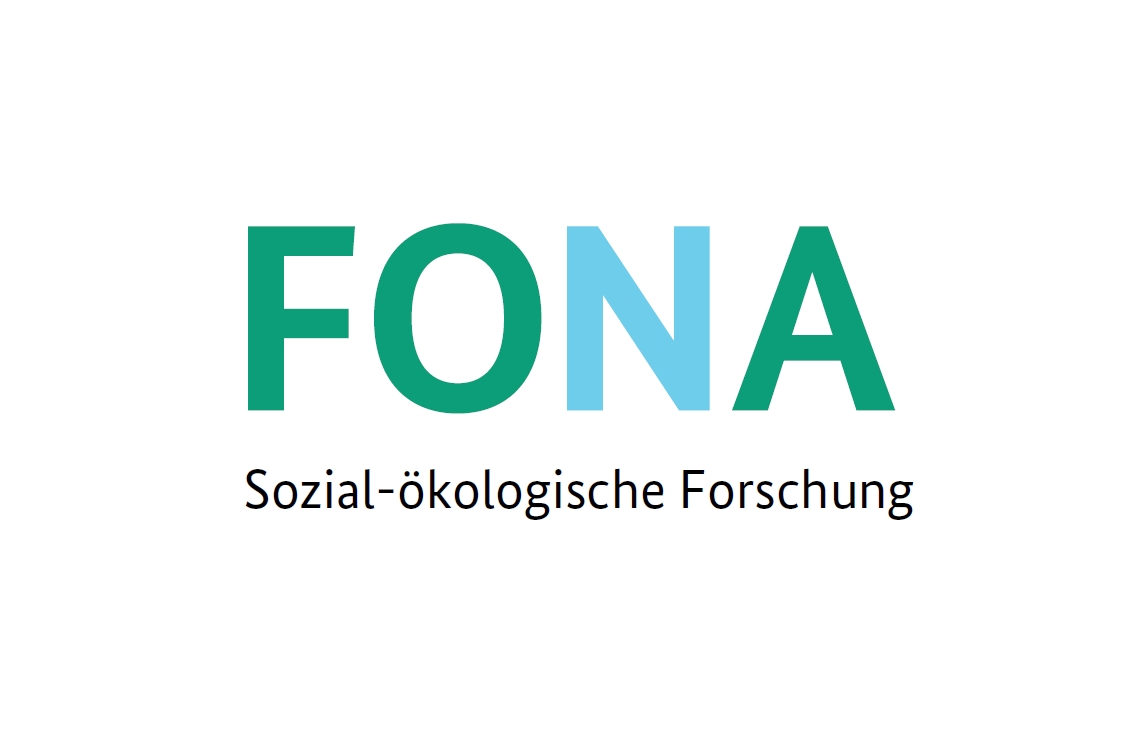
How can the expansion of wind energy be sustainable and how can the transformation of energy systems be advanced? The current socio-political debate is increasingly dealing with this question. The decision to phase out coal in particular requires an accelerated expansion of wind energy. The German Bundestag has recently set up a working group for the further development of renewable energy promotion. Last year, the Federal Constitutional Court also called for a more uniform approach, especially for the expansion of wind energy. Against this background, at the invitation of the MultiplEE research group, around 30 experts from science, industry, the energy sector and associations discussed how conflicts of objectives could be resolved and which policy options could improve the spatial coordination of wind energy expansion from the point of view of sustainability.
“It is undisputed that there is already a multitude of policy options for the spatial control of wind energy expansion. However, it is difficult to agree on a specific form that meets all sustainability criteria. There is also a lack of coordination between federal levels and instruments. On the one hand, this delays the expansion of renewables and, on the other hand, makes the sustainable restructuring of the electricity sector more difficult. It is about time for political solutions that take better account of these coordination deficits,” explains Jun.-Prof. Dr. Paul Lehmann, head of the research group.

During the workshop, the experts* came to the conclusion that the legal requirements for the planning and approval of wind turbines should be harmonised more closely. Particularly in nature and species conservation, the requirements between the federal states often vary too much. In addition, the expansion objectives of the federal states (Bundesländer) should be better coordinated. The experts also controversially discussed a possible regional differentiation of tenders for the promotion of renewable energies. The working group set up by the Bundestag is also dealing with this issue. A bonus for wind power plants erected in the south of Germany is being considered. In this way, it is hoped, grid bottlenecks between northern and southern Germany could be defused.
We would like to thank all experts* for their participation and the stimulating exchange in the workshop!
The results of the discussion will be summarised in a publication and will be available on our website soon. Further background information on the project can be found here.



